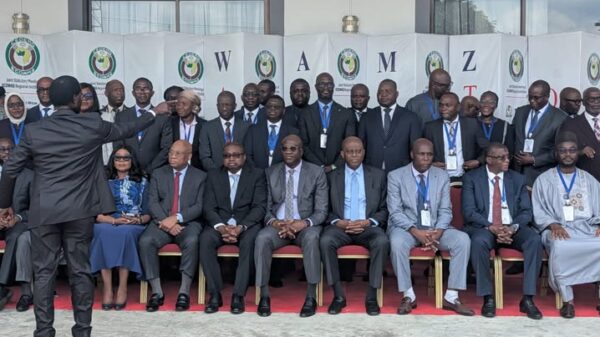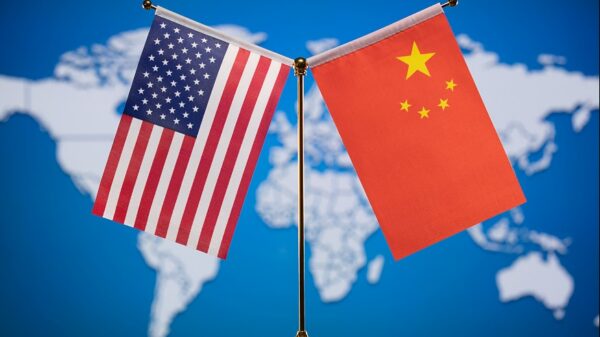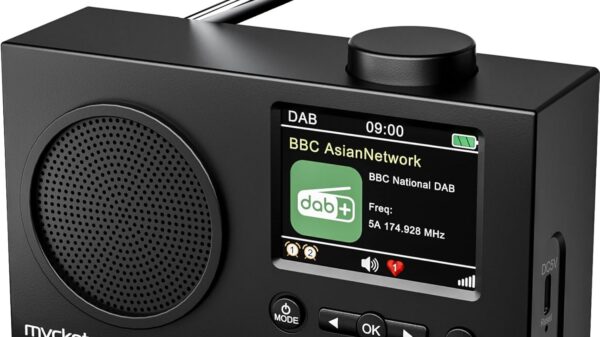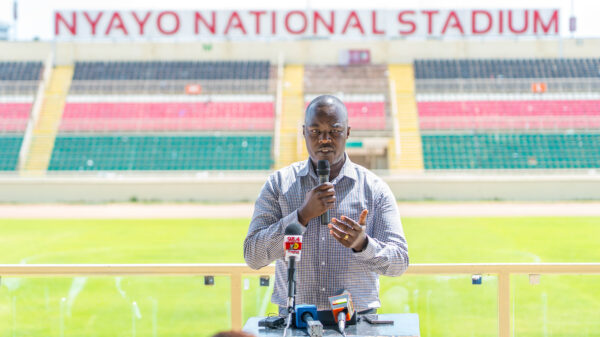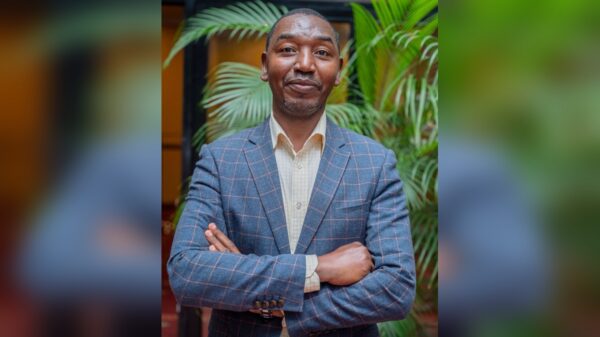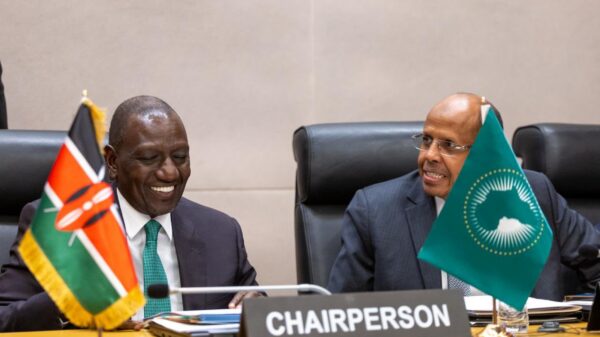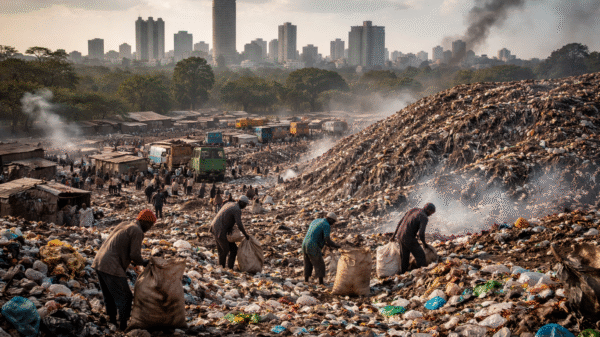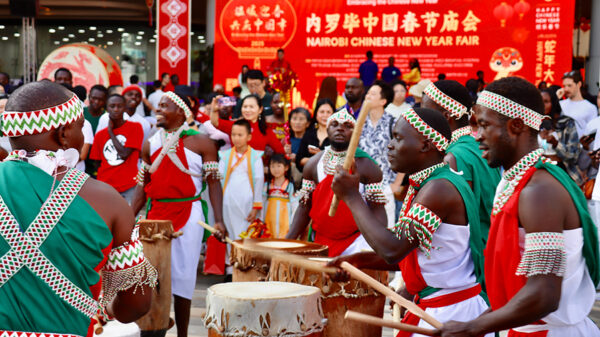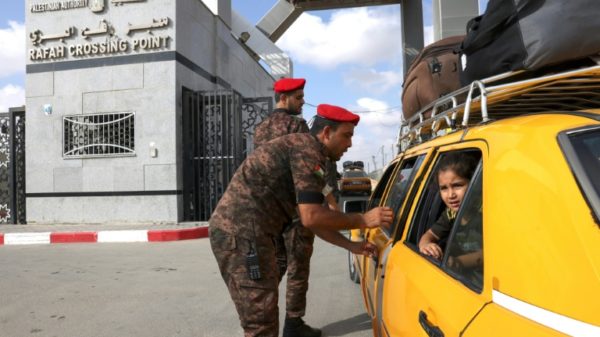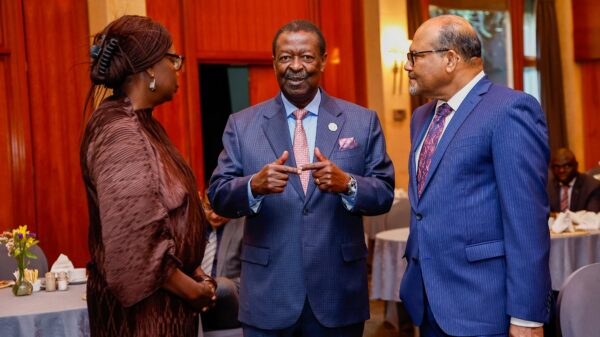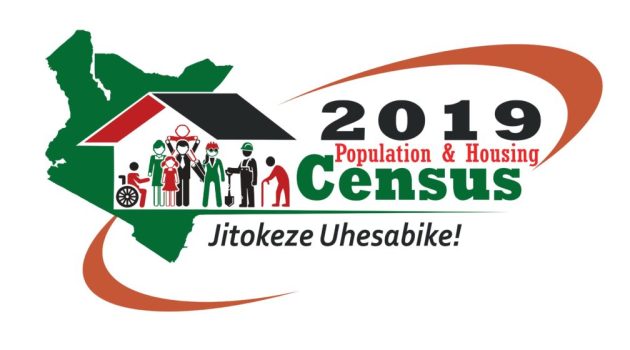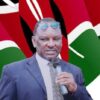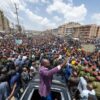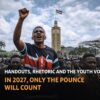NAIROBI, Kenya, Aug 19 – The Kenya National Bureau of Statistics (KNBS) will enumerate intersex persons in the upcoming national population census slated for August 24-25, following the introduction of a third gender marker.
The country will be joining nations that have started the process adopting intersex identity into law, Germany having adopted the same in 2018 giving people an opportunity to register as intersex on birth certificates and passports.
The population of intersex persons is currently estimated at about 700,000 persons.
Previously, KNBS only listed people as either male or female.
The new marker was introduced by the bureau in December last year, after prolonged consultations.
Intersex persons say they’ve been denied basic services like registering a bank account and are forced to decide between being male and female while registering.
Other than being prone to dropping out of school, suicidal thoughts due to stigma and seclusion, conditions affecting intersex persons are not covered in medical insurance covers.
Kenya National Commission on Human Rights (KNCHR) Commissioner Jedediah Waruhiu says for the first time, the government will have factual data on intersex persons.
She said the government will be able to plan accordingly for its population.
“This will help the Government while planning on health, education and even on the employment sector,” Waruhiu, who is also the intersex taskforce report implementation Committee Chairperson, said on Monday.
She spoke during a pre-census briefing on counting of the intersex persons, a function attended by their ambassador Nominated Senator Isaac Mwaura and Suba North legislator Millie Odhiambo.
Waruhiu asserted that “intersex persons must be treated with dignity.”
“The inclusion of intersex persons is a culmination of over 12 years of public interest litigation, public awareness, advocacy and dialogue with both the state and non-state institutions and actors,” she said.
The government will be seeking to know their level of education, where they work, physical disability – if any – among other set of things.
Intersex children have been deemed as “taboo babies” and have often been exposed to killings at the point of birth in many cultures while others die at birth due to hormonal deficiencies, Waruhiu pointed out.
Among a set of human rights entitled to them, intersex persons should be searched upon arrest by a police officer of their choice – female or male – and detained separately in a police station, as provided in the National Police Service Standing Orders.
Parents have been asked to voluntarily offer information on their intersex children.
The outcome, according to KNBS will be announced after 3 months.
This will be the 24th census since the country gained its independence.
KNBS will carry out the enumeration process using digital gadgets unlike before when data used to be captured manually on paper.
This is set to enhance the processing of data as well guaranteed the safety of data collected, according to KNBS Director General Zachary Mwangi.
According to Mwangi, the Census will focus on 8 key areas; housing conditions, population characteristic, education, Labour force, disability, ICT, Livestock, agriculture and amenities.
The data collected is set to be used by government as a primary source for reliable and detailed data while planning.
Intersex persons attending the function on Monday included Mary Waithera alias James Karanja.
He narrated his ordeal growing up as a girl while everything else indicated he had more male hormones.
“My parents didn’t know what was wrong with me upon birth. I was hospitalized for 3 weeks as doctors tried to examine my rare condition,” Karanja said.
Agreeing on whether he was a female or male became an issue that would haunt him to date.
“I have to explain why I am a Mary Waithera on trousers while seating for exams at the University of Nairobi,” Karanga said, while recounting the numbers of times he has been kicked out of an examination room.
He urged the government to mainstream intersex issues across all sectors in a bid “to alleviate their suffering.”



